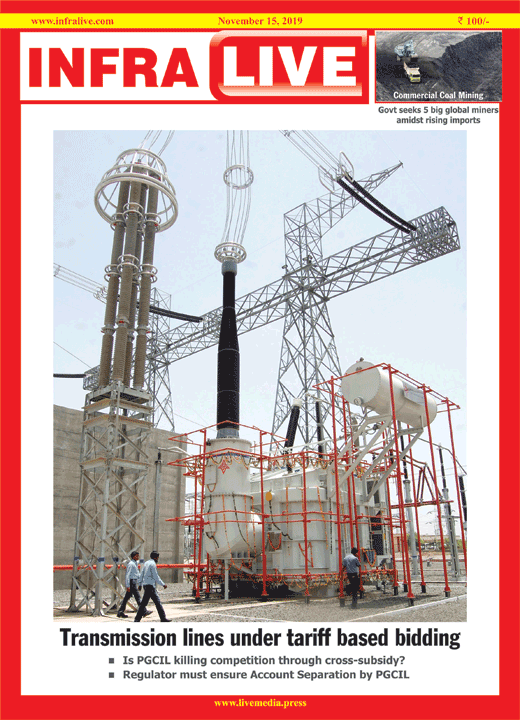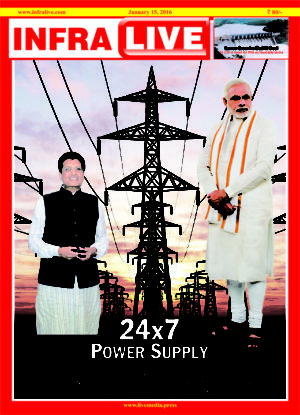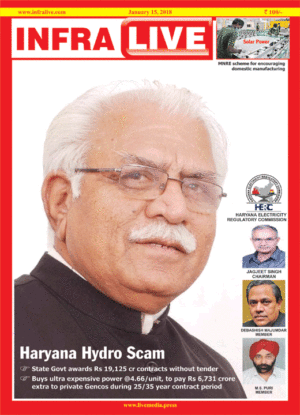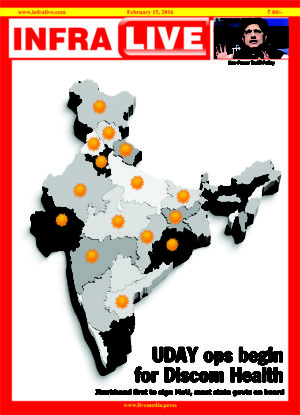PGCIL lords over India’s electric power transmission infrastructure with a vast spread of inter-state and inter-region network. On top of it, PGCIL is also awarded projects on nomination basis. This combination enables PGCIL to offer really low bids and even bid at a loss.
Some power transmission projects are awarded through Tariff Based Competitive Bidding (TBCB). E-reverse auction is followed in awarding contracts. Under this system, four lowest bidders are allowed to participate in the next round of bidding, while all other bidders who have offered higher initial tariffs are eliminated. All the shortlisted bidders are allowed to improve their financial bids, without any limits, by quoting better than the lowest bid. Finally, the contract is awarded to the lowest bidder when the other companies have no more margin left to bring down the tariff further.
Many projects are given to PGCIL on nomination basis also. The National Committee on Transmission (NCT) helps PGCIL to skirt the bidding process. The NCT also has a member from PGCIL and awards the contract to PGCIL directly on the basis of Regulated Tariff Mechanism (RTM) on a cost-plus basis. This is done in a routine manner. Technical complexity and time constraint being the usual pleas. In January 2011 the government had decided that all forms of power procurement would take place only through the TBCB route. The reality is only a few projects are awarded through this route.
Be that as it may, in the recently concluded round of bids for 14 state and central government projects, PGCIL won seven projects. Our data analysis presented in detail in the cover story shows that there is a high possibility of PGCIL cross-subsidizing TBCB projects through RTM projects. Of course, it drives away competition. But what is its impact on the end user? The RTM route for PGCIL and its ability to cross-subsidize TBCB tariff means passing on RTM plus TBCB tariff on to the consumers in non-transparent manner. TBCB had created a new genre of private sector transmission developers leading to a significant reduction in tariffs.
In consumer interest as also in the interests of healthy competition, the government and the electricity regulator must ensure that PGCIL’s accounts are completely separated for all TBCB projects from its other operations.




